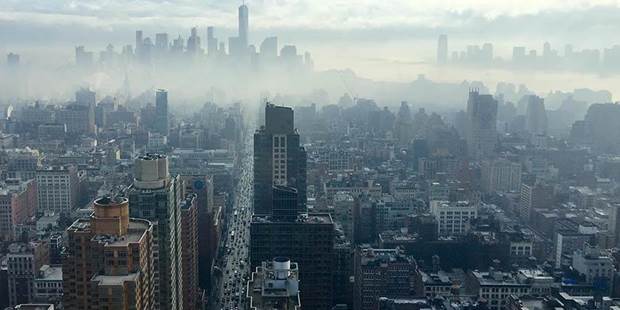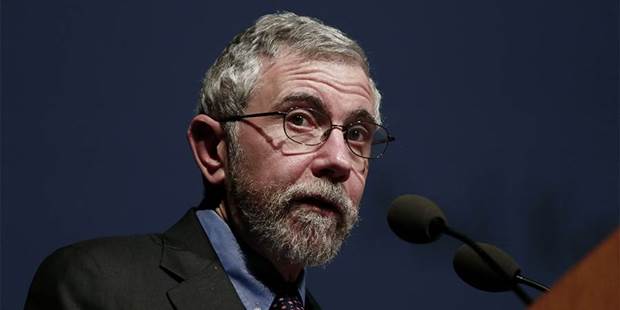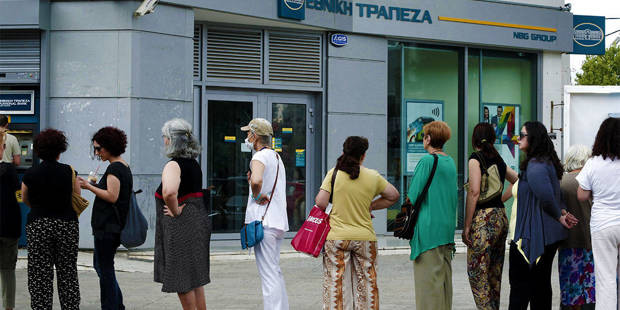The year that just ended witnessed an extraordinary array of economic and political challenges, including disunion in Europe, decelerating Chinese growth, and deepening turmoil in the Middle East. Understand what happened – and what to expect – with the year's ten most-read Project Syndicate commentaries.















